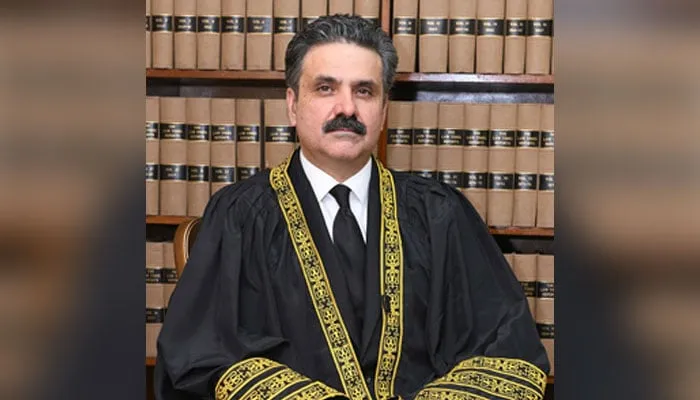Pakistan’s Supreme Court is embroiled in a controversy surrounding alleged interference by intelligence agencies in judicial affairs. This follows a letter written by six Islamabad High Court (IHC) judges raising concerns about such interference.
Justice Afridi Recuses Himself
Justice Yahya Afridi, one of the seven judges initially assigned to the case, recused himself. He believes the Supreme Court’s intervention (suo motu notice) might undermine the independence of high courts.
Justice Minallah Expresses Dissent
Another judge, Justice Athar Minallah, included a dissenting note. While agreeing with the seriousness of the matter, he believes the suo motu action might discourage future whistleblowers within the judiciary. He also argues that the court should consider past instances of potential interference.
Supreme Court Issues Notices
The Supreme Court bench issued notices to the Attorney General, Pakistan Bar Council, and the Supreme Court Bar Association. These parties are expected to provide suggestions on how the judiciary should respond as an institution.
Court Order Details Past Actions
The written order details the steps taken by Chief Justice Isa in response to the IHC judges’ letter. These include meetings with the Prime Minister, Attorney General, and bar councils. The order also mentions the proposal for an inquiry commission, which faced controversy.
Suo Motu Notice and Background
The Supreme Court took suo motu notice on April 1st based on a petition from lawyers across the country. The petition urged the Chief Justice to investigate the allegations using the court’s special powers under Article 184(3) of the Constitution.
IHC Judges’ Letter
In March, six judges from the Islamabad High Court wrote a letter to the Chief Justice highlighting concerns about interference from intelligence agencies. They requested him to convene a Judicial Convention to address the issue.
Key Points:
- Supreme Court is investigating alleged interference in the judiciary.
- One judge recused himself, another expressed dissent.
- Court is seeking suggestions from legal bodies on how to respond.
- Chief Justice has met with relevant officials to address the allegations
